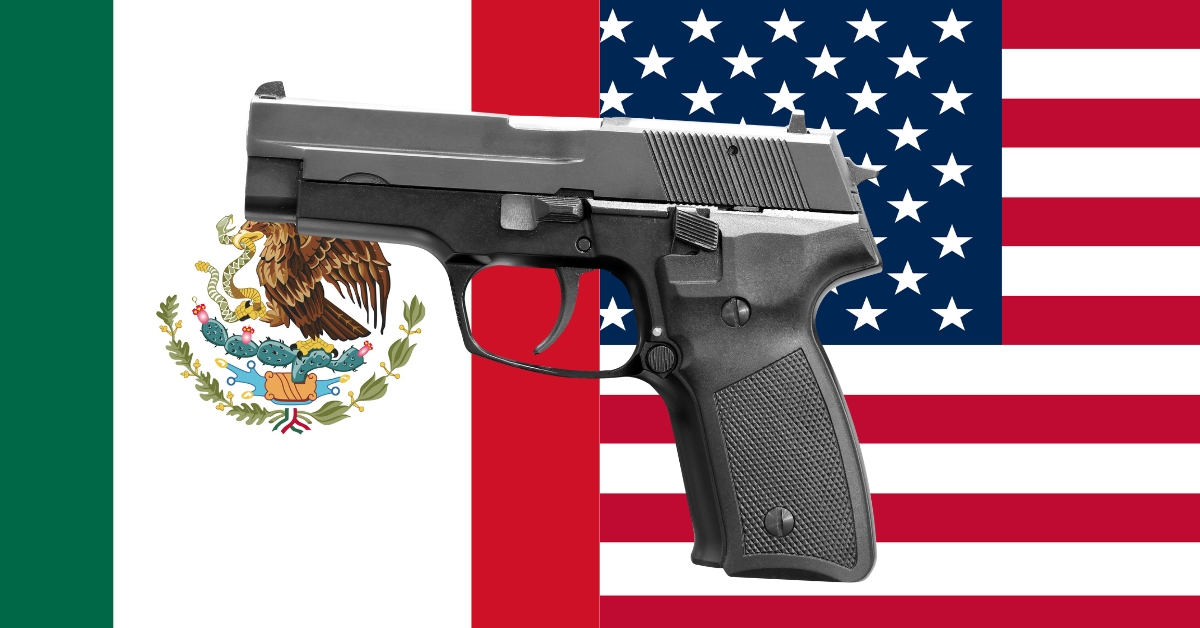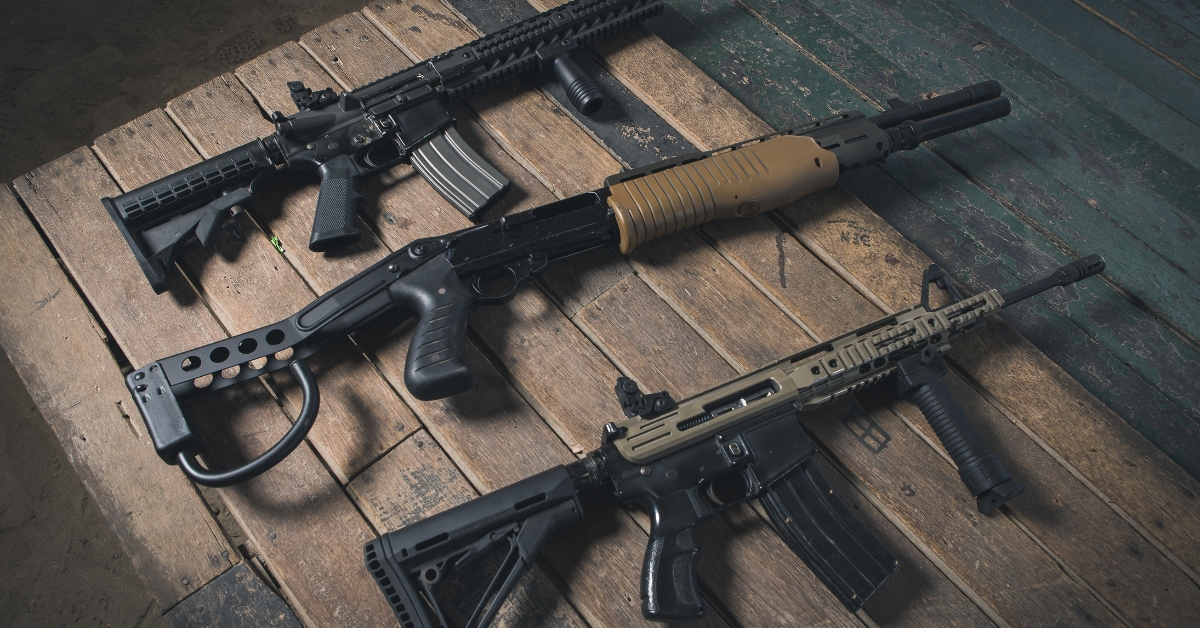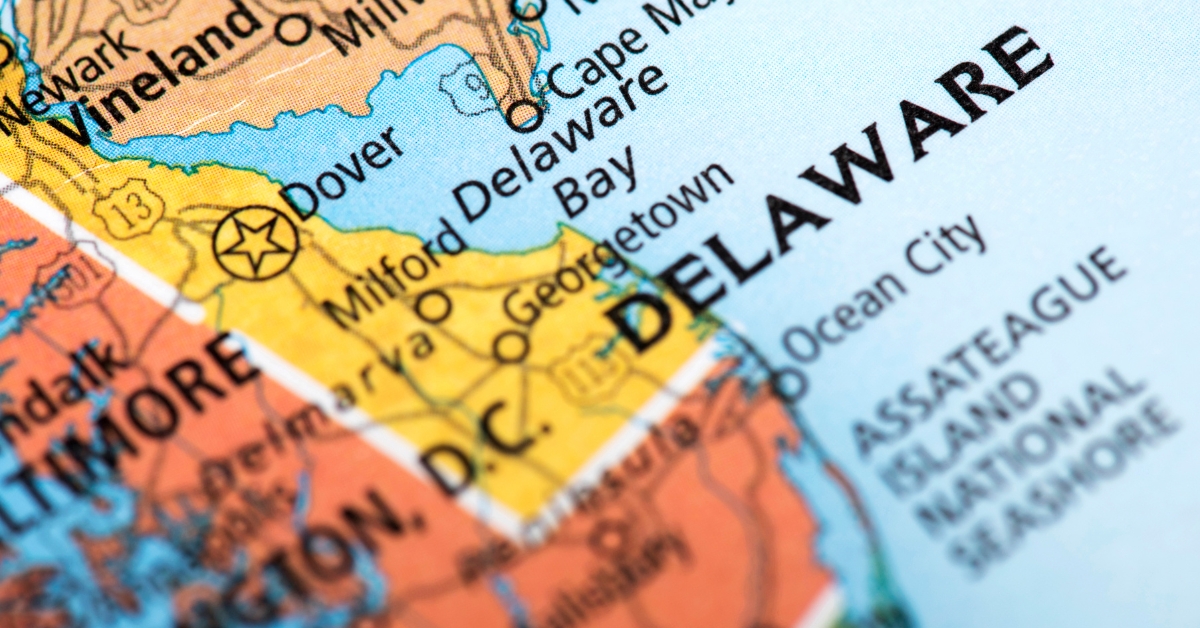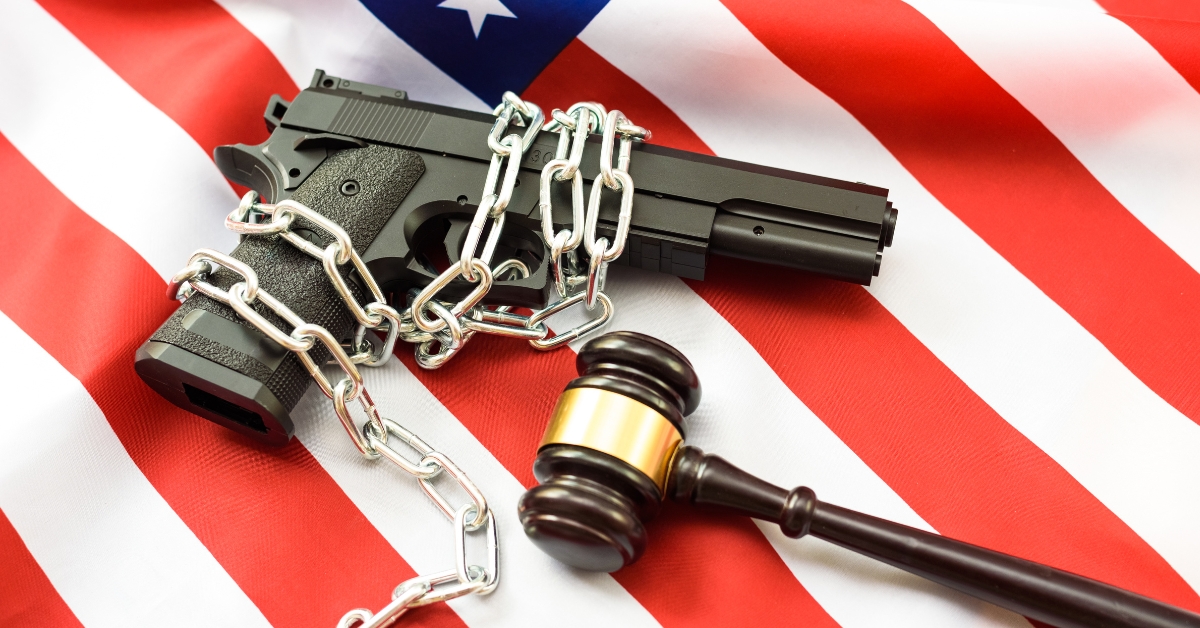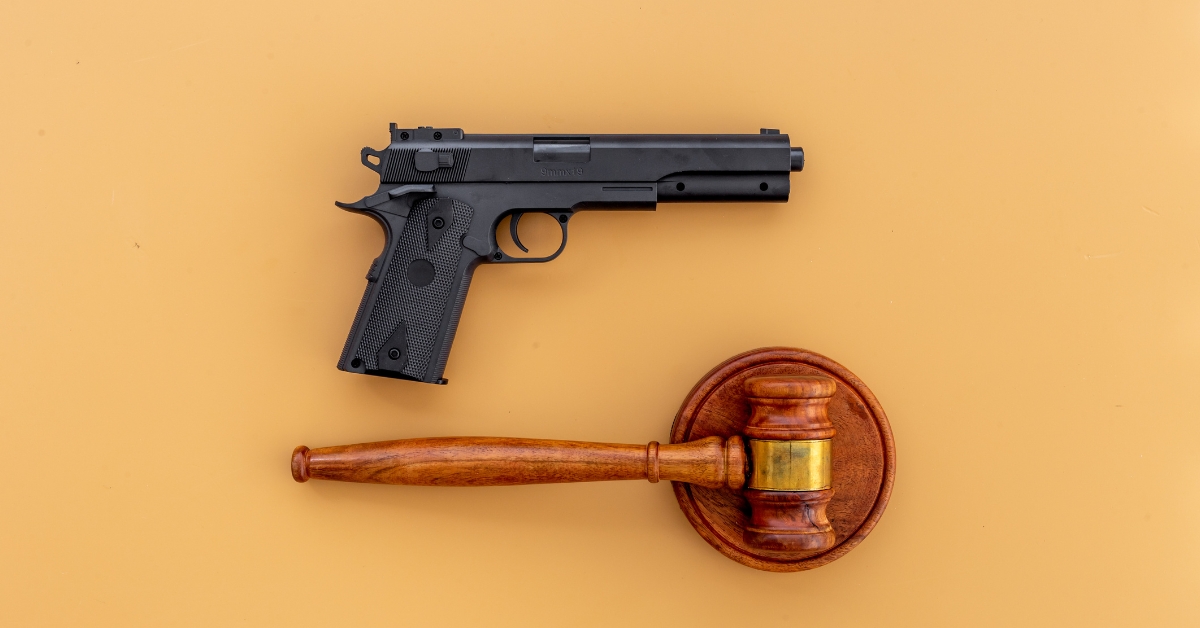
California Enacts Controversial Gun Control Measures, Including Nation’s First Firearm Tax
In a move that’s likely to ignite legal battles and face staunch opposition from gun rights advocates, California Governor Gavin Newsom has signed a series of gun control measures into law. These measures include the nation’s first state tax on firearms and ammunition, an 11% excise tax on such items, on top of the existing federal tax, with the revenue earmarked for school safety and violence reduction efforts.
The legislation also restricts where Californians can carry firearms, banning concealed carry in certain “sensitive places” like educational institutions, parks, and sporting events. It raises the minimum age for obtaining a concealed carry permit to 21 and strengthens background checks for permit applicants. Additionally, the new laws mandate “microstamping” of all semi-automatic firearms sold in or transferred to California by 2028, a process that engraves a unique identifier onto the firing pin of a weapon, aiding in tracking shell casings to specific guns.
In reaction to the legislation, gun rights groups have criticized the designation of areas where concealed carry is prohibited, arguing that these restrictions contradict the US Supreme Court’s decision in New York State Rifle & Pistol Association v. Bruen, which reshaped the framework for reviewing gun regulations. The Firearms Policy Coalition, a pro-gun rights group, has already filed a lawsuit challenging this aspect of the legislation, contending that it infringes on Second Amendment rights.
Apparently, no matter how many times the gun grabbers lose in court, Left-wing politicians like Gavin Newsom are just going to keep trying to infringe upon the American people’s right to bear arms.
California Governor Gavin Newsom has signed a series of gun control measures into law, including the nation’s first state tax on firearms and ammunition. The legislation imposes an 11% excise tax on firearms and ammunition sold by manufacturers and dealers in the state, doubling the existing federal tax. The revenue generated is intended to fund school safety and violence reduction measures.
Additionally, the new laws ban concealed carrying of firearms in certain “sensitive places” such as educational institutions, parks, and sporting events. The minimum age to obtain a concealed carry permit is raised to 21, and background checks for firearm permits are strengthened. A further measure mandates “microstamping” of all semi-automatic firearms sold or transferred to California by 2028, which involves engraving a unique identifier onto the firing pin of a weapon to aid in tracking shell casings at crime scenes.
However, the governor’s actions face opposition, with gun rights advocates planning legal challenges. The Firearms Policy Coalition has already filed a lawsuit against a portion of the legislation, arguing that it restricts the constitutional right to carry concealed weapons.
Newsom’s move to tighten gun control comes in the wake of a landmark US Supreme Court decision that expanded gun rights, leading to criticism from gun control supporters. The ruling in New York State Rifle & Pistol Association v. Bruen changed the framework for reviewing gun regulations and determined that modern-day restrictions on gun ownership must be consistent with regulations in place when the Constitution was drafted.
While gun safety advocates recognize the challenges posed by the conservative-leaning Supreme Court, they argue that the new legislation is designed to comply with the court’s dictates and enhance public safety in California.
Governor Newsom’s signing of these gun control measures isn’t isolated, as other Democratic leaders are taking steps to limit public access to firearms. These actions have sparked contentious debates over the balance between Second Amendment rights and public safety.
Notably, New Mexico Governor Michelle Lujan Grisham also recently took action to restrict the carrying of firearms in public places, implementing an emergency order to suspend this right in most areas around Albuquerque due to a surge in gun violence. However, her decision faced immediate backlash from both gun rights and gun control advocates and was subsequently narrowed in scope after legal challenges.
As gun control remains a contentious issue in the United States, California’s latest measures reflect the ongoing debate between those advocating for stricter firearm regulations and those asserting their Second Amendment rights. The legal battles and public discourse surrounding these laws are likely to continue as both sides seek to advance their positions.
